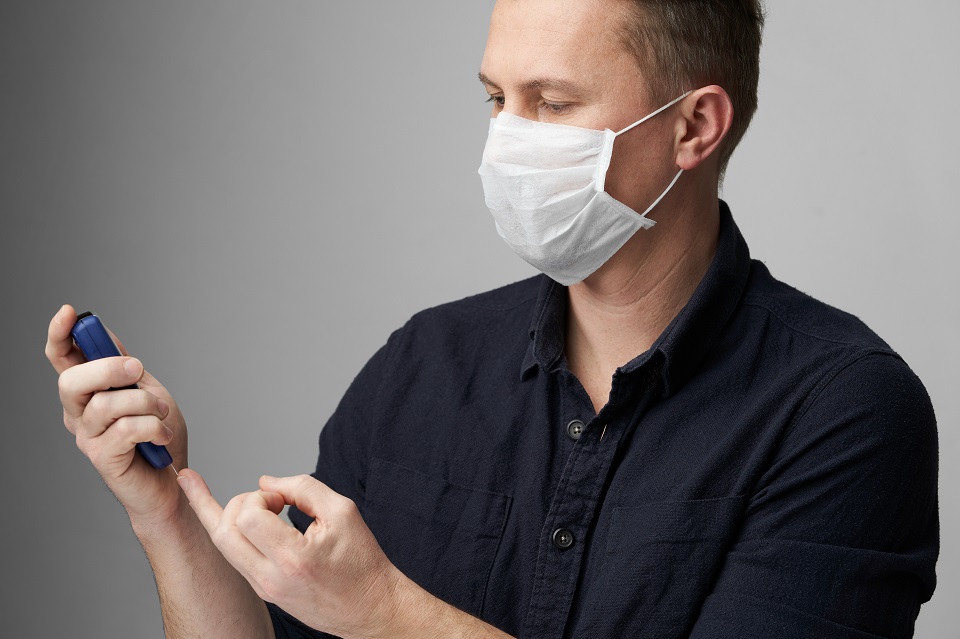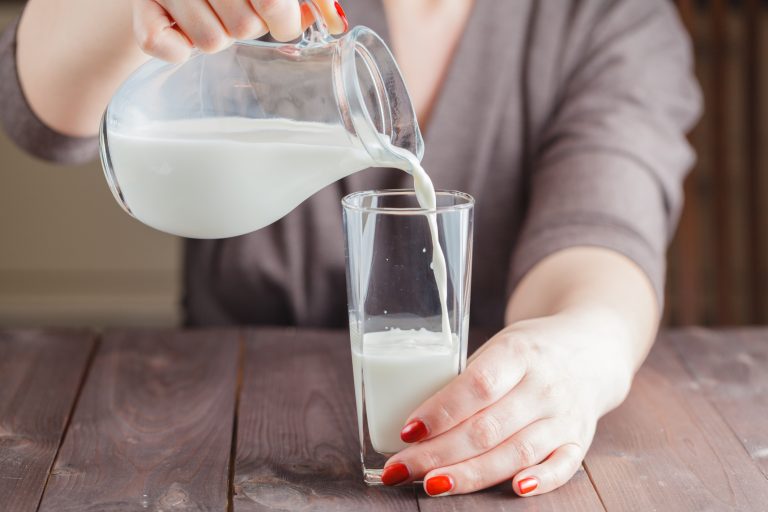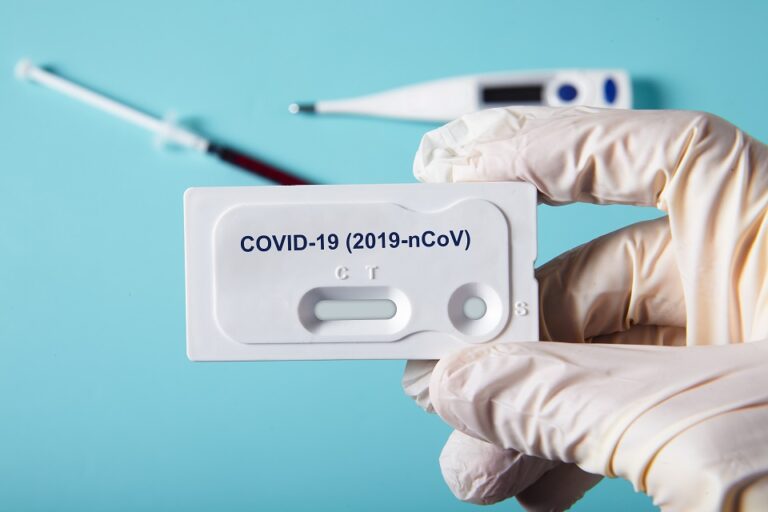
4. Individuals with diabetes
Diabetes accompanied by other endocrine disorders can also put people at risk of more severe illness or death from the new coronavirus. The report on cases in China put the mortality rate at 7.3 percent in people with diabetes who were infected with COVID-19.
As a matter of fact, Tom Hanks, who tested positive for the virus has type 2 diabetes. The risk is likely similar for both types 1 and 2 diabetes, says the American Diabetes Association.
“People who have diabetes also tend to have other underlying complications unless it’s beautifully managed which isn’t typically the case,” says Libby Richards, PhD, RN, associate professor at Purdue University School of Nursing in West Lafayette, Indiana.
“Your body is already under stress. That just decreases your ability to fight infection,” she adds.


























1 thought on “Catching the Coronavirus: Who Is More at Risk of Severe Illness?”
May the Lord bring His mercy and healing to us. In Jesus precious name, amen. 🙏